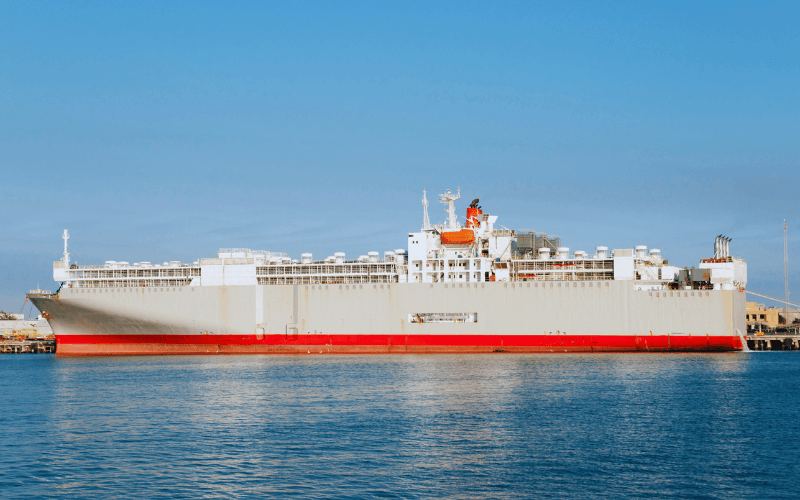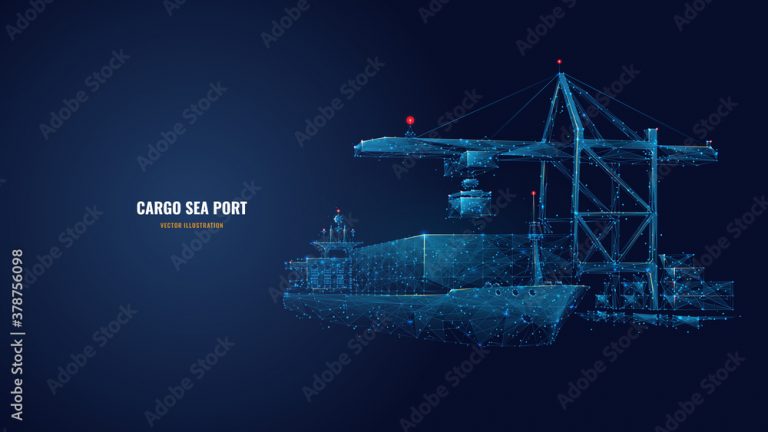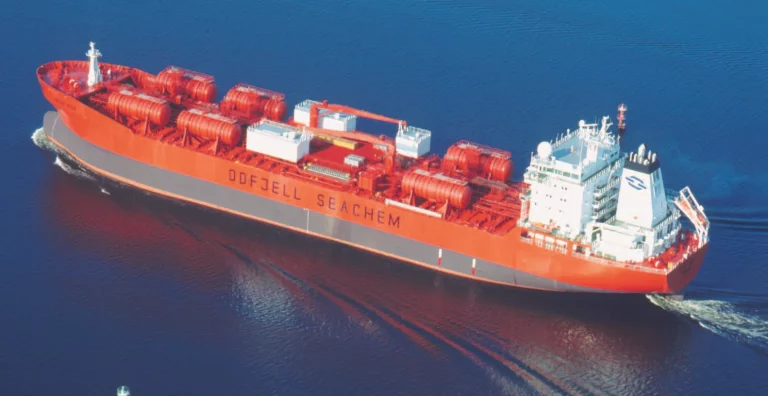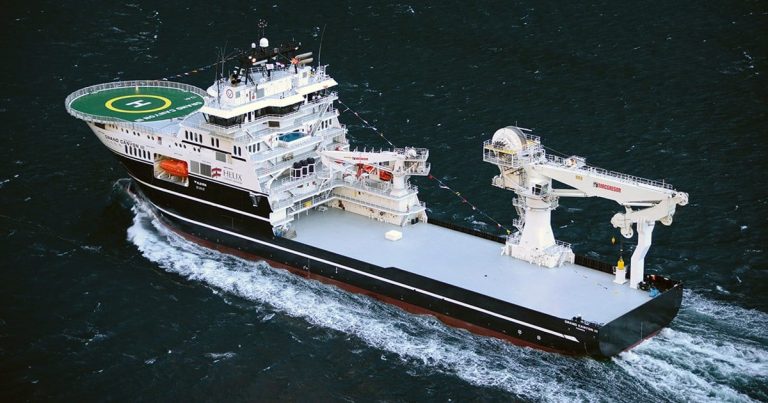
Livestock Carriers
Livestock carriers are specialized ships designed to transport livestock, primarily cattle, sheep, and pigs, over long distances. These vessels play a crucial role in the global food supply chain, ensuring the efficient and humane transportation of animals.
The Importance of Livestock Carriers
- Global Food Supply: Livestock carriers contribute to the global food supply by transporting animals from regions with abundant resources to areas with high demand.
- Economic Impact: The livestock trade generates significant economic activity, supporting jobs and contributing to the economies of many countries.
- Animal Welfare: Modern livestock carriers are designed to prioritize animal welfare, ensuring that animals are transported in safe and comfortable conditions.
Key Features of Livestock Carriers
- Well-Ventilated Holds: The holds are designed to maintain optimal temperature, humidity, and ventilation to ensure the well-being of the animals.
- Feeding and Watering Systems: Automated systems deliver food and water to the animals.
- Monitoring Systems: Advanced monitoring systems track the animals’ health and well-being.
- Crew Quarters: Comfortable accommodations for the crew, including cabins, mess rooms, and recreation areas.
- Safety Equipment: Comprehensive safety equipment to mitigate risks, such as fire suppression systems and life-saving devices.
Challenges in Livestock Shipping
- Animal Welfare: Ensuring the well-being of animals during long voyages is a major challenge.
- Disease Prevention: Preventing the spread of diseases between different regions is crucial.
- Weather Conditions: Adverse weather conditions can pose significant risks to the vessel and the animals.
- Regulatory Compliance: Adhering to international regulations and standards is essential.
The Future of Livestock Carriers
The livestock shipping industry is constantly evolving to meet the growing demand for animal products and to improve animal welfare standards. Technological advancements, such as improved ventilation systems and automated feeding systems, are being implemented to enhance the well-being of animals during transportation.
In conclusion, livestock carriers play a vital role in the global food supply chain. By understanding the challenges and advancements in this industry, we can appreciate the efforts made to ensure the humane and efficient transportation of livestock.
Would you like to know more about a specific aspect of livestock carriers, such as animal welfare regulations or the environmental impact of livestock shipping?



